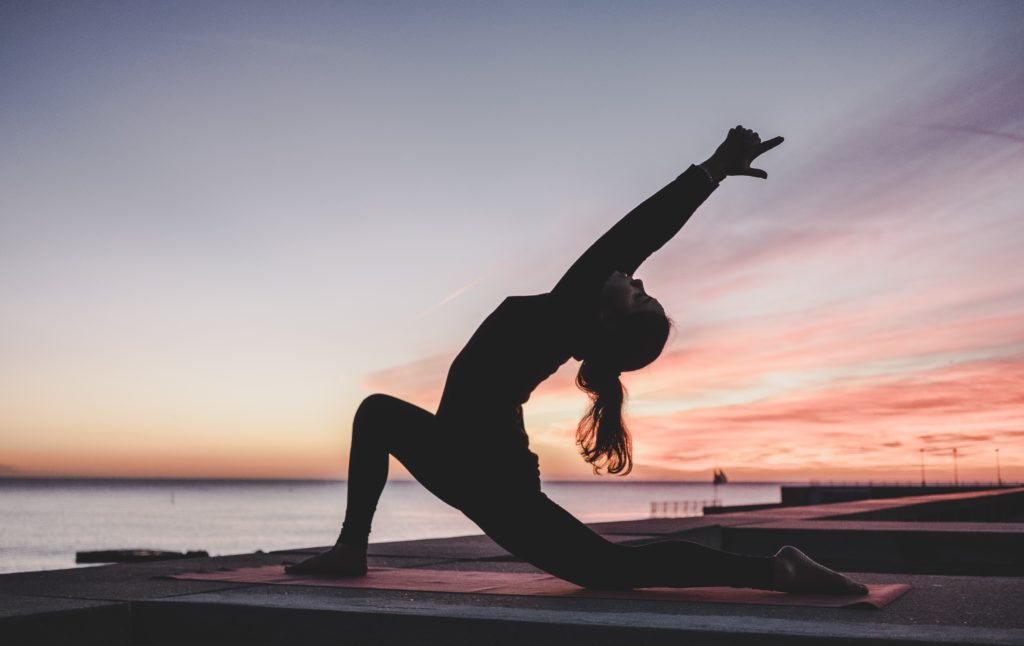How to Support Your Mental Health During a Pandemic

The ongoing Covid-19 pandemic is inducing a new type of fear, worry and concern for people around the world, especially the elderly and those suffering from underlying conditions. With isolation, quarantine, job insecurity, home-schooling, and the uncertainty of the future, it’s not just our physical health that’s being impacted, but our mental health too.
According to a recent survey done in America, 45% of adults say the pandemic has affected their mental health, and 19% say it has had a “major impact”. Our mental health encompasses our psychological, emotional and social well-being. Now more than ever we need mental health support to help us get through these unprecedented times.
CTG asked Nicole Malick, a licensed Social Worker and PTSD practitioner who also has experience as an aid worker, to share her advice on the importance of wellbeing and mental health support.
“The sensory interplay between our body and mind is nonstop. This is a really important aspect of understanding wellness, because we must first recognise the importance of taking care of the physical body. However, wellness is multidimensional,” says Nicole. “Wellness is a full integration and pursuit of continued growth and rhythmic balance. It is an active process of being aware and making choices that lead toward an outcome of optimal holistic health and wellbeing.”
Nicole explains the different dimensions of wellness:
- Physical wellness involves moving the body, eating well, sleeping, managing stress and receiving preventable medical care.
- Social wellness involves having a strong social network that can give you support
- Spiritual wellness is a process of understanding your belief, values, and ethics that help guild your life.
- Intellectual wellness means staying curious and being a lifelong learner.
- Financial wellness means taking steps to live within your financial means and creating a plan for future financial health.
- Emotional wellness is being in touch with, aware of, accepting of, and able to express one’s feelings (and those of others).
- Environmental wellness means taking care of your global environment and your personal surroundings.

Nicole’s tips to starting your wellness journey:
- Start moving the body. Going for walks if you can or even tracking your steps is a great start. There are also great fitness apps and yoga tutorials on YouTube. This 7-minute workout is a great one. It’s free, a total–body workout and only takes 7 minutes.
- Connect with family and friends. We might not be able to physically see our friends and family, but take this time to reach out to them. Create a monthly or weekly call to stay connected.
- Listen to podcasts or read a book. There are fantastic podcasts that are free and cover a wide range of subjects. Staying up–to-date with current events is important, but can also be overwhelming. Try to learn a new skill too or broaden your knowledge base. I have started to learn about gardening and bread making.
- Create a budget. Take the time to document where you’re spending your money. There are wonderful free classes to help you manage your finances. You can also use this time to research charities that you may want to donate to in the future.
- Don’t underestimate the amount of change you or your community is facing. It’s okay to be sad or to even grieve the changes but make sure you reach out to family, friends or co–workers if you need extra emotional support during this time.
- Take the time to declutter space. Give away or donate items that you are no longer using and highlight things you love in your living space.
- Remember, wellness is a journey. Creating rhythmic balance in daily routine that incorporates rest and relaxation is really important. It not only restores the body but always strengthens the immune response.
Watch Nicole’s guided meditation video here.
We recently launched CTG Wellbeing to support our staff through stressful times, providing free access to independent counsellors with backgrounds in the humanitarian and development sector.
We know that our staff live and work in some of the most stressful communities and we wanted to create a platform that provides support for their wellness journey.
Find out more about CTG Wellbeing here.



